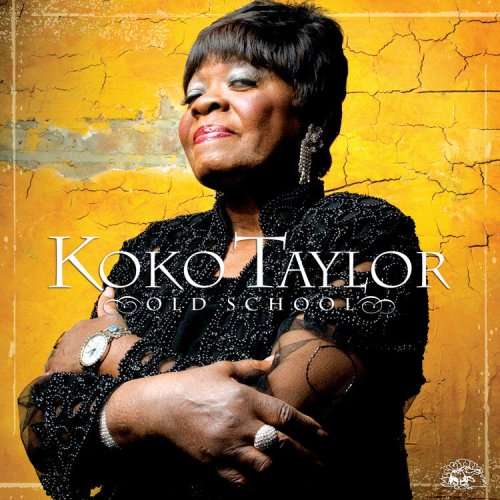The collection Refined Sugar has the quick-beat, party song “Somebody Scream,” and the reflective and slow-beat “Life Goes On,” a song of the acceptance of disappointment, though there the narrator, the singer, is still wondering: “Maybe someday you’ll tell me why, why you had to hurt me,” a wondering that suggests an incomplete acceptance.
Tag: music
Romance and Modernism: Smokey Robinson, My World: The Ultimate Collection
Smokey Robinson’s music is not haunted or helmed in by gospel pieties, blues grievances, or social conflicts, but, instead, his music is the music of the open, questing spirit, the sensitive heart, the sensual body: a modern man, liberated, loving, and thoughtful.
The Beautiful Music of the Son of Ali Farka Toure: Vieux Farka Toure
I do not know the language, or languages, in which Vieux Farka Toure’s songs are written so I cannot discuss their meaning: I can only suggest something of what they sound like and their effect on one listener. This is music of many delicate notes, notes like softly splashing rain, refreshment for a dry season.
Last and First: Carl Hancock Rux’s Good Bread Alley and Rux Revue
Transcendence is not what Rux’s music offers: instead, in a world with spirits and no gods, one feels as if one has a companion for one’s journey, someone to share the struggles—and some of the pleasures—with.
Evidence: Fine Young Cannibals’ The Raw and the Cooked, Hootie and the Blowfish’s Cracked Rear View, and Lenny Kravitz’s Greatest Hits
The Uses of Belief: Susan Werner, The Gospel Truth
Love, instinct, doubt, and the wonder of nature: all part of life, all objects of contemplation—do not deny them, do not simplify them, advises Werner. On “Don’t Explain It Away,” Werner’s singing is well modulated, with a nuance that is the exact opposite of what one expects of a rhetorical inclination or tone; and although the album does not sound explicitly rhetorical it is rhetorical.
A Place Where Love Can Grow, by the band Faith, featuring Felice Rosser
What is music for? That is a question one rarely asks out loud and yet it is a question that every piece of music must answer. After first hearing the album <A Place Where Love Can Grow, I thought of it as creative, intelligent, consistent, and interesting…
New Orleans Love: Harry Connick Jr.’s Chanson du Vieux Carré
 The Connick song “Ash Wednesday” has more of a sense of adventure than one imagines a religious observance to have, but that may be the atmosphere of the city, and the nature of the album Chanson du Vieux Carré, on which Connick plays piano throughout, an album that has charm and solidity and more of a cinematic quality than most of the other jazz recordings I have listened to in the last year.
The Connick song “Ash Wednesday” has more of a sense of adventure than one imagines a religious observance to have, but that may be the atmosphere of the city, and the nature of the album Chanson du Vieux Carré, on which Connick plays piano throughout, an album that has charm and solidity and more of a cinematic quality than most of the other jazz recordings I have listened to in the last year.
How Can A Poor Girl Make It?: Koko Taylor, Old School
 Koko Taylor is the Queen of Chicago blues; and as there are apparently no worthier aspirants to the throne, though she is not as famous as Bessie Smith was or as B.B. King is, Taylor is the de facto Queen of all the blues. Koko Taylor’s career spans a half-century.
Koko Taylor is the Queen of Chicago blues; and as there are apparently no worthier aspirants to the throne, though she is not as famous as Bessie Smith was or as B.B. King is, Taylor is the de facto Queen of all the blues. Koko Taylor’s career spans a half-century.
Elegant Sensuality, Inventive Musicality: Patti Austin, Avant Gershwin
 The Avant Gershwin collection’s “Porgy and Bess Medley” is another tour de force. Between a mother’s humbling instructions and a lover’s deceptive attention, a “woman is a sometime thing.” (How Austin manages singing that and not sounding misogynist or self-incriminating is fascinating.)
The Avant Gershwin collection’s “Porgy and Bess Medley” is another tour de force. Between a mother’s humbling instructions and a lover’s deceptive attention, a “woman is a sometime thing.” (How Austin manages singing that and not sounding misogynist or self-incriminating is fascinating.)